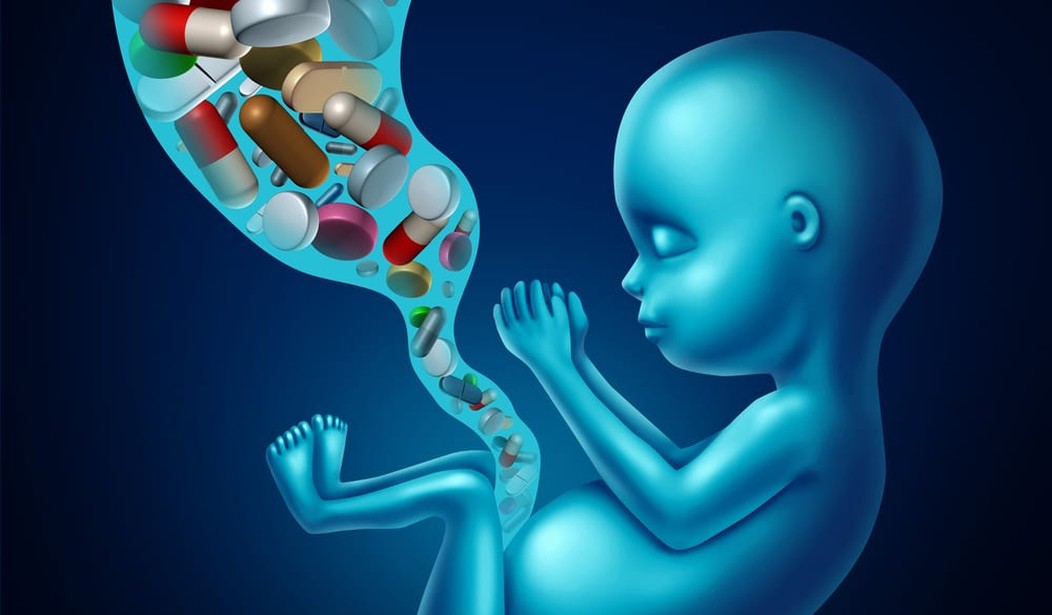According to a new study, mothers who use antidepressants while pregnant are 37% more likely to have a child with a speech or language disorder:
A popular class of antidepressants, which include widely used medications like includes Zoloft, Paxil and Celexa, appear to increase the risk of a child being born with language disorders when used by pregnant women, according to the findings of a new study.
Researchers from New York and Finland found that expecting mothers who used selective serotonin reuptake inhibitors (SSRIs) may be nearly 40% more likely to give birth to a child who is later diagnosed with dyslexia and other language disorders. The findings were published this month in the medical journal JAMA Psychiatry.
This study is the latest in a series regarding the potential detrimental effects of antidepressant medications on babies in utero. Last spring, research revealed a definitive link “between parental depression, antidepressant use and the risk of autism.” In more than one study conducted, pregnant women using antidepressants were shown to be twice as likely to give birth to an autistic child.
Learning disabilities and autism aren’t the only risks associated with antidepressant use in pregnant women:
In addition to autism, many popular antidepressants have been linked to a risk of serious health problems for children exposed to the medication before birth, including septal heart defects, skull malformations, neural tube defects, abdominal defects, spina bifida and other serious injuries.
Recent studies have also found that antidepressant use in pregnancy may increase the risk of seizure problems and delay of infant development milestones, such as sitting and walking are affected by antidepressant use during pregnancy.
Pregnancy antidepressant risks have also been linked to a serious respiratory disorder, known as persistent pulmonary hypertension in newborns (PPHN), which may cause insufficient blood flow to the lungs, leading to serious and potentially life-threatening problems.
Roughly 1 in 7 privately insured fertile women in the United States take an antidepressant. According to a 2011 statistic, roughly 4.5% of pregnant women reported using an antidepressant within their last trimester. However, this number is disputed within the medical community, with some researchers believing up to 16% of women will take an SSRI during their pregnancy.
Further reports on the research linking dyslexia with maternal use of SSRI antidepressants during pregnancy noted that depressed women were more likely to give birth to learning disabled children, whether or not they used antidepressants during the pregnancy. This finding has been corroborated by other research linking prenatal maternal stress to mental and emotional problems in children:
Prenatal maternal stress, anxiety and depression have been associated with increased risk for attention deficits in the child, as well learning difficulties, behavioral problems, anxiety, asthma, and traits that predispose to addiction.
However, antidepressant use drastically increased the likelihood of a future dyslexia or autism diagnosis.
… maternal depression and using SSRIs during pregnancy were both risk factors for giving birth to a child who would eventually develop autism. However, as Berard explained, her study also calculated that “SSRI use during the second/third trimester of pregnancy was increasing the risk of autism above and beyond the risk associated with maternal depression.”








Join the conversation as a VIP Member